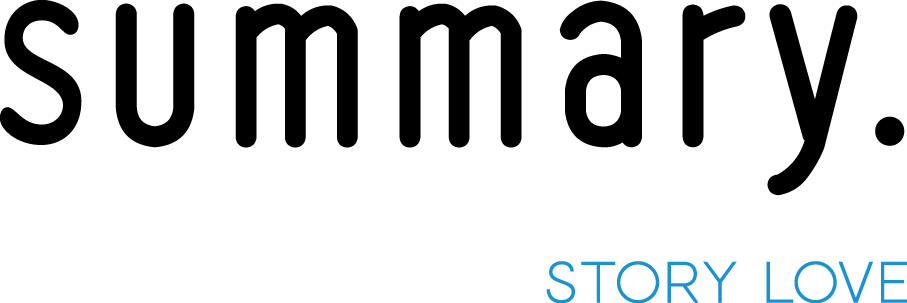How To Combat Creative Burnout
Recently I was sitting in my office, twiddling my thumbs and trying to get motivated to write copy for this post, when it dawned on me what I wanted to write about. I’ve been working in the marketing field for over 10 years, writing copy for a variety of projects and clients for no less time. Now that I own a content marketing firm, the daily pressures and tasks of my job can be a bit overwhelming at times. I am not a superhuman, but the needs of the business and our clients are always met, often times surpassing our own expectations as a team! So what have I learned through all of this experience you may ask? Well, let me tell you.
It’s easy to get burnt out. Whether you are an account manager at a traditional ad firm, fill a marketing role for a small brand, or operate independently in a creative field--creative burnout is a daunting part of your job. Would you agree?
So with that in mind, I set out to offer up some simple tips to help all you writers, designers and content strategists to help combat the roadblocks that come with the territory.
Find your ‘Zen Place’.
Not to sound all ‘peace and love’ here, but finding a place that speaks to your inner creative, is the first step to success in any marketing job or project. For me, this includes music (with words--none of that classical sh*t), and white noise. I write a lot, and my favorite place to start a big project is in a coffee shop, headphones in, playing my favorite station on Pandora. Once I get into the zone, the words just flow! This may not be the case for everyone, but try testing out different environments to find your ideal working environment! If you don’t have the flexibility of choosing your own work space, then I recommend putting in your headphones, and finding some kind of white noise app (like this one) or music to help you tune out the office hubbub. It will also help you avoid those co-workers who are always interrupting your creative time to chat about the latest drama while munching on stale cookies from the break room. It’s an easy and less rude way to dodge that situation every time!
Start at the beginning.
This may sound like a no brainer but all too often I find myself and those that I manage jumping ahead. It can happen with project planning, design, writing, and almost any other work related task.
If you ‘put the cart before the horse’ as the old saying goes, you will miss something crucial. I’ve done it, and I’m sure you have to at some point in your career. We live in a fast paced, short attention span culture, and while efficiency is ideal, it’s not always the best place to start.
Take the time to regroup and look back at your assignment or contract a few times before starting. Take a breath, write a list, create an outline, and then tackle one thing at a time.
Taking this approach to your work will also allow you to see how achievable the task or project really is, and more often than not, it’s probably more achievable than you think! A mentor of mine once said, ‘don’t look at the whole scope of the project, just start on the first task, then the second, then third, and soon you will complete something you didn’t think you were capable of doing!’
Perfect isn’t always preferred.
This is really for all you copywriters out there, but it also applies to many other professional tasks. In the past, I have spent hours lamenting over a copywriting project or strategy, trying to make it perfect, then worrying that it wasn’t, only to turn it in to find out that either, a) the scope has changed and I need to go a whole different direction, or b) I misread the client or manager’s request and need to start from scratch. If this has ever happened to you then you know how defeating it feels and the slump it can put you in.
Through these learning experiences, I discovered that checking in at different touch points can really help you avoid getting three steps down the road, only to realize you need to change direction. Please note that this does not mean it’s okay to turn in crappy work. No one likes to receive something that is half-ass. What it does mean, is that instead of sending a final article, or strategy, or design project...start with sending an outline. Then go from there!
At this point in my career, I like a few things to happen with my employees or within work for our clients:
1) Touch base when 10% of the project or task is complete to make sure it’s on track.
2) Check in when the project is 30% complete to ensure it’s in scope and on topic.
3) Share work when it’s 75% done, again, for one final (pre-delivery) touch point.
Wrapping it all up.
The tactics listed above are not the only ones, or the most important ones, out there to help you avoid creative burnout, but they are a few of the rules I follow religiously and have helped my team and I keep clients happy while staying motivated.
How do you avoid creative burnout? Share with us on our Facebook or Instagram.






